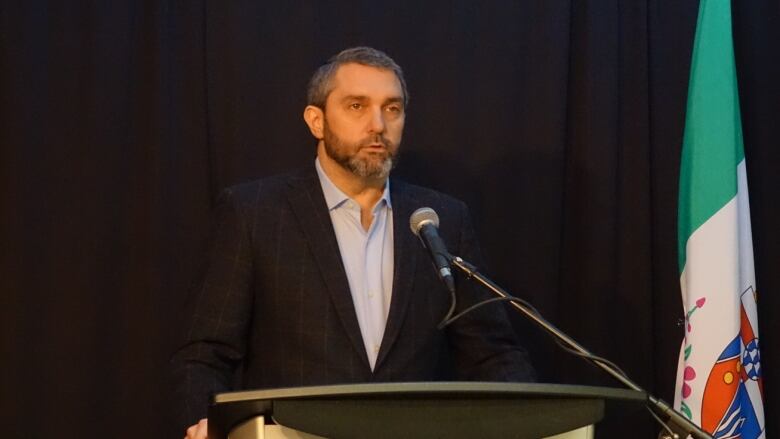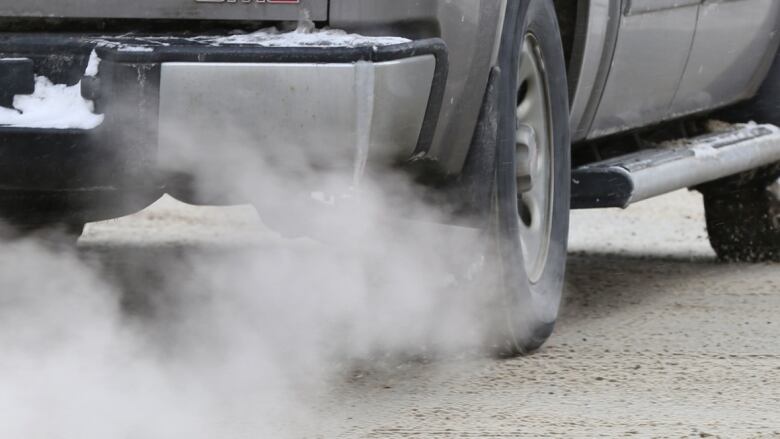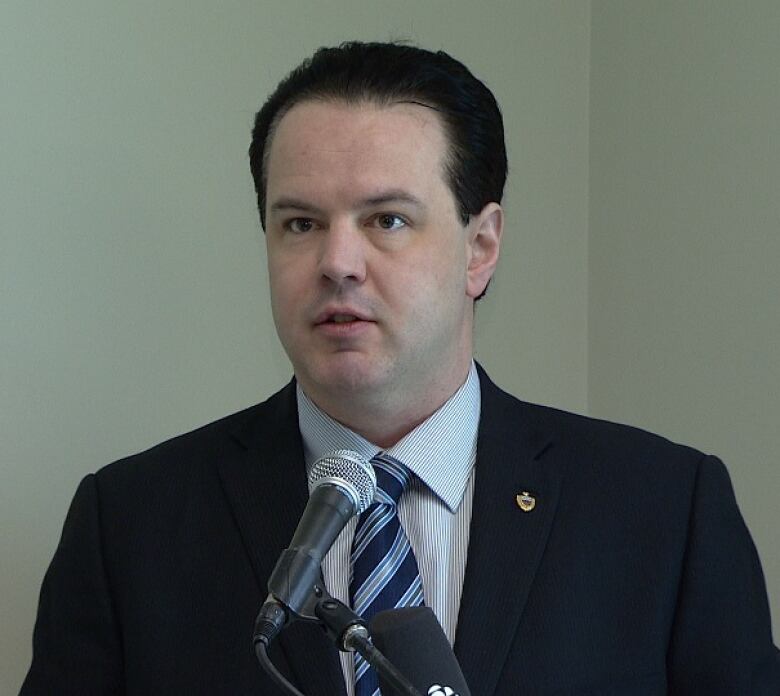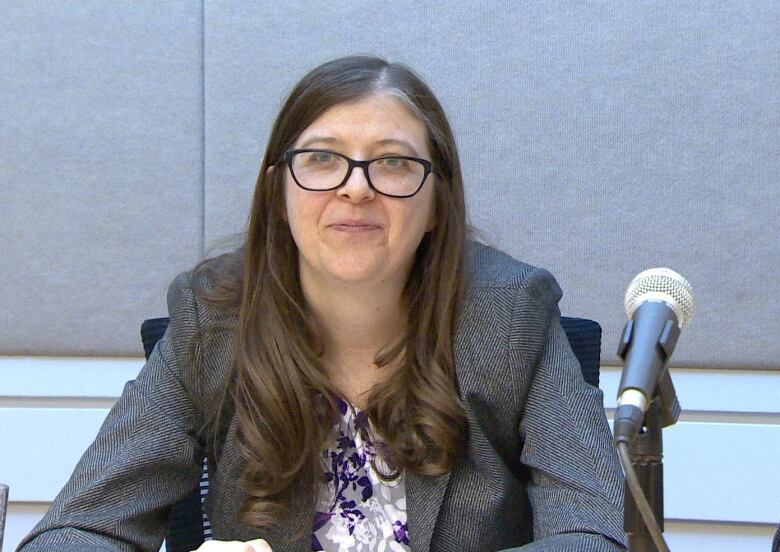Yukoners to get first carbon tax rebates this fall for $43 per person
Territorial government presented details of proposed rebate plan on Thursday

The first carbon tax rebate cheques will be in the mail starting this October in Yukon, and every person will get $43. The next payment will come in April 2020, also for $43 per person.
After that, individuals regardless of age will getfour payments annually, and those payments will growas the carbon tax increases. Yukoners in rural communities will also see a 10 per cent supplement on every payment.
Details of the territorial government's proposed rebate plan were presented on Thursday, a little less than six months before the federal carbon tax comes into effect, on July 1. The governmentis asking for public feedback on the rebate plan until Feb. 4.
"We have designed a rebate model that returns revenues collected to Yukoners. We've been clear that this was our intention, and today's rebate model follows through on those commitments," said Premier Sandy Silver.
"The proposed model presented today returns 100 per cent of money collected by the federal government to Yukoners, without growing the territorial government."
Silver made carbon pricing a central plank in his 2016 election campaign, pledging that all money collected would effectively be returned to Yukoners.

Rebates will also be paid to businesses, First Nations governments, and municipalities, but the value of those maybe more variable. For example, businesses will receive the rebate annually as a tax credit, based on its assets that consumeor offset the consumption of fossil fuels.
Businesses will also receive higher rebates and additional tax credits for investing in green technology. Thefirst rebate payments for businesses will go out in 2020, based on their tax filings for 2019.
Municipal and First Nations governments will also receive their first payments more than a year from now Apr. 1, 2020 and on Mar. 31, 2020, respectively but the government says the details of those payments are still being worked out.
The territory estimates individual Yukoners will collectively pay about $3.41 million in carbon tax for the first year, while rebates will total about $3.51 million. Businesses are similarly expected to pay less than they receive back. That trend will continue even as the carbon tax increases in subsequent years, the government says.
Government officials sayYukoners will be getting more money backbecause tourists, the federal government and territorial governments will pay the tax, but receive no rebates.
No evidence plan will work,opposition says
"We're happy to see that they've announced something," said Yukon Party MLA Brad Cathers, after hearing the plan.

"Even with this announcement today, we see the government unable to explain how it will reduce emissions, but Yukoners of course will pay for this experiment," he said.
"There's no evidence that their plan has worked, they have not done studies to assess how it will impact a number of sectors of the Yukon economy."
Government officials acknowledge that they're dealing with a lot of estimates and unknowns, especially as they look further down the road.
"We believe that businesses will not have to put theirprices up too much in response to the imposition of a carbon tax, because of this rebate," said Katherine White,deputy minister of finance.
"However, we could see some prices on some goods and services go up that's one of the reasons we disproportionately rebate individuals."

She also expectsthat businesses will have a strongerincentive to reduce emissions, and invest in greener technologies. Officials will need to"ground-truth" their predictionsin a few years, Whitesaid.
The premier, though, has no doubt the plan will work.
"Putting a price on carbon has been internationally recognized as one of the most impactful way of reducing emissions," he said. "Our current business-as-usual situation [means] emissions are not being reduced.
"Yukon is standing on the right side of history in supporting this important work, and that we are joining fellow Canadians in taking action on climate change."












_(720p).jpg)


 OFFICIAL HD MUSIC VIDEO.jpg)
.jpg)



























































































